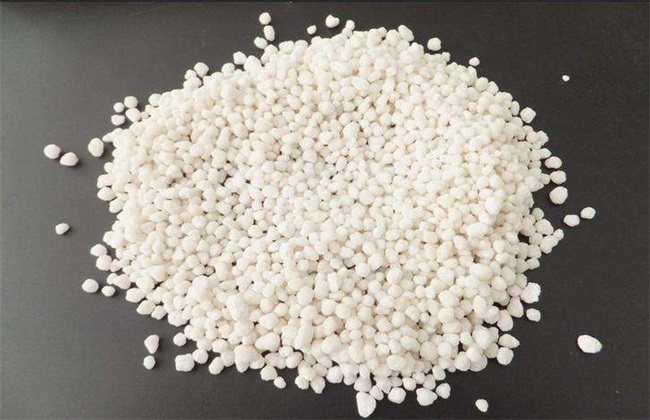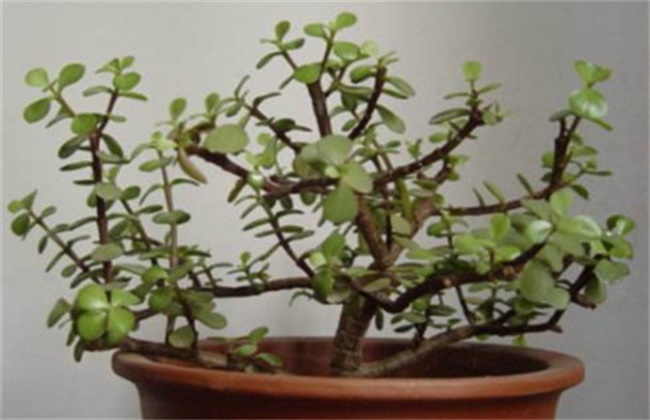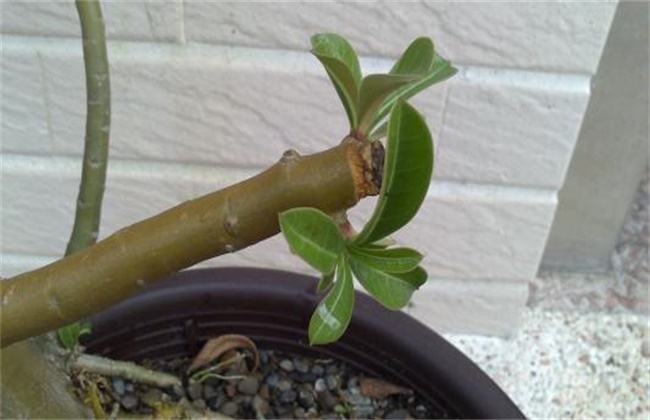Factors affecting nitrogen use efficiency
The development of planting industry in our country is very mature now. Whether it is growing grain, fruits or vegetables, we all need to do a good job of fertilizing in the process of planting. Rational fertilization is the key to ensure crop growth, in fertilization, the application of nitrogen fertilizer is very important. However, many farmers will find that the utilization rate of nitrogen fertilizer is sometimes not very high. So what are the factors that affect nitrogen use efficiency? Let's take a look at it with the editor.

1. Excessive amount of fertilizer
Excessive application of nitrogen fertilizer is one of the main reasons for low nitrogen use efficiency. Because the criterion of nitrogen use efficiency is the total amount of nitrogen absorbed by crops and the percentage of nitrogen fertilizer applied. So from this we can see that the more nitrogen fertilizer is applied, the lower the utilization rate will be. Because no matter what crop it is, the demand for nitrogen fertilizer is limited, and it will not increase the amount of nitrogen absorbed with the increase of nitrogen fertilizer. Sometimes it will lead to the overgrowth of crops, which will not only have a low nitrogen use efficiency, but also affect the growth of crops.
2. Soil properties
During planting, the level of soil nitrogen supply also directly affects the nitrogen use efficiency. When we are applying fertilizer, we should control the amount of fertilizer according to the fertility of the soil. If the soil is fertile, then we should apply less, and vice versa. When applying nitrogen fertilizer, it is necessary to give priority to the middle and low fertility fields, because the production potential of the medium and low fertility fields is higher than that of the high fertility fields. If nitrogen fertilizer is applied in high-fertility fields, then the nitrogen use efficiency will naturally be reduced, and the effect will not be very obvious.
3. Crop characteristics
There are many kinds of crops in China, and the demand for nitrogen fertilizer is naturally different from the nutritional characteristics of crops. So if the crops are different, then the amount of nitrogen fertilizer will also be different. For example, when growing food crops such as rice and wheat, as well as cotton, fruits and vegetables, their demand for nitrogen fertilizer is relatively high, so the nitrogen fertilizer use efficiency will naturally be higher. When planting crops with little demand for nitrogen, such as soybeans and peanuts, the nitrogen use efficiency is not high because of the low demand for nitrogen, so it can be applied less or not.
4. Nutrient loss
The forms of nitrogen fertilizer are also divided into many, among which the more common one is ammonium nitrogen fertilizer, and the ammonia volatilization of ammonium nitrogen fertilizer is also a main factor leading to low nitrogen use efficiency. At the same time, it is also related to the absorption and conversion of urea into ammonia. In addition, there are nitrate nitrogen fertilizer and urea, which are directly applied to the soil, coupled with the loss of gaseous nitrogen caused by denitrification in the plot, which will reduce the utilization rate of nitrogen fertilizer. So if we want to improve nitrogen use efficiency, then we must first pay attention to do a good job in these three aspects of stop-loss work.
The above is a brief introduction of the factors affecting nitrogen use efficiency. That's all for today's introduction. This article is for reference only. I hope it can help you all.
Related
- Fuxing push coffee new agricultural production and marketing class: lack of small-scale processing plants
- Jujube rice field leisure farm deep ploughing Yilan for five years to create a space for organic food and play
- Nongyu Farm-A trial of organic papaya for brave women with advanced technology
- Four points for attention in the prevention and control of diseases and insect pests of edible fungi
- How to add nutrient solution to Edible Fungi
- Is there any good way to control edible fungus mites?
- Open Inoculation Technology of Edible Fungi
- Is there any clever way to use fertilizer for edible fungus in winter?
- What agents are used to kill the pathogens of edible fungi in the mushroom shed?
- Rapid drying of Edible Fungi



